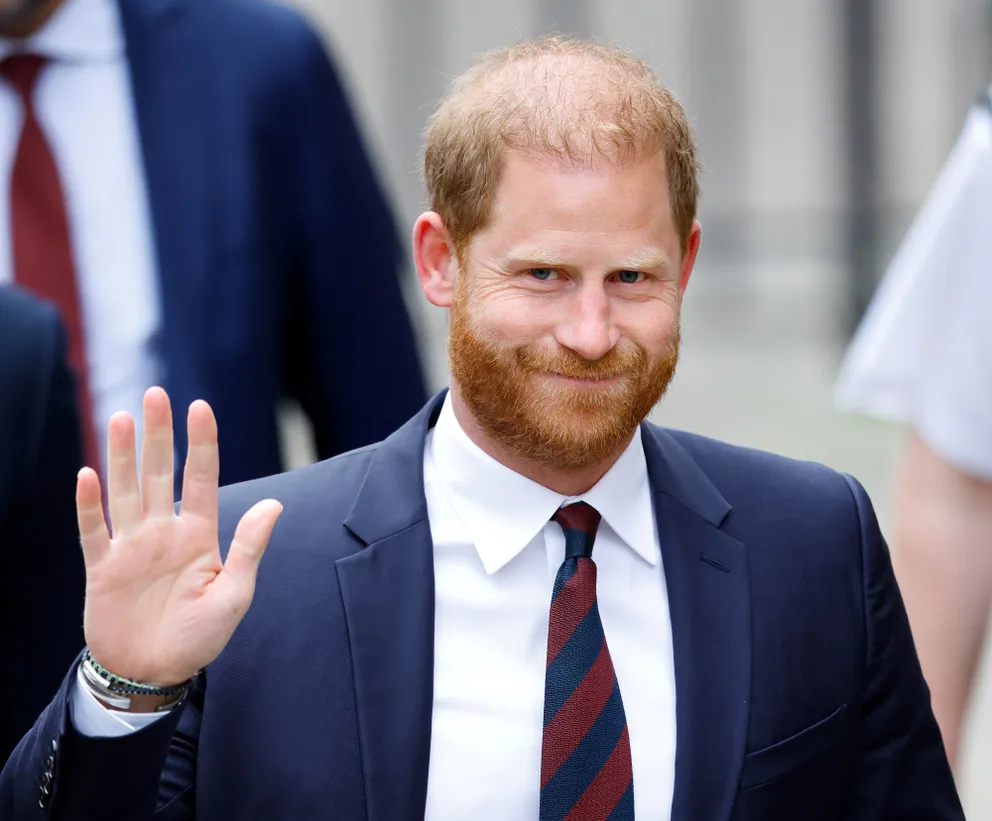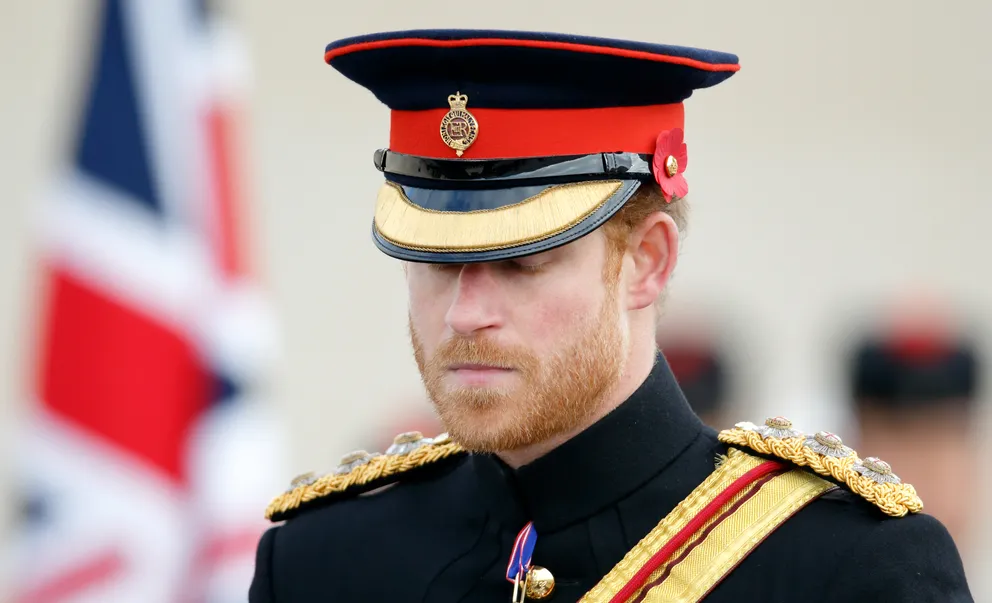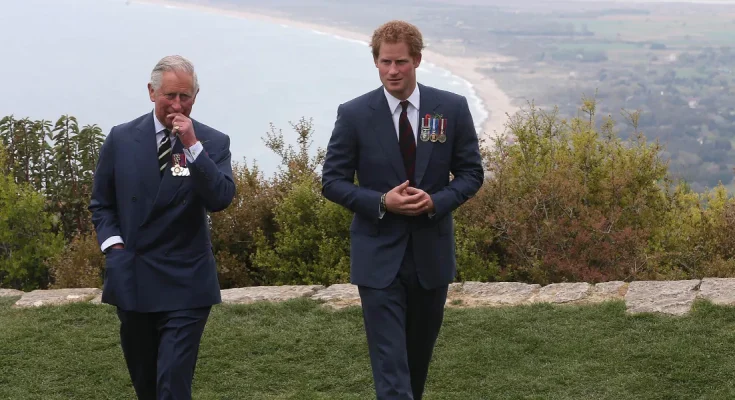The Duke of Sussex broke his silence on family wounds and hopes for healing as his father battles cancer.
Prince Harry has spoken candidly in a new interview, addressing his ongoing estrangement from the royal family while King Charles III faces cancer. In the emotional segment aired by the BBC in early May, the Duke reflected on past conflicts and the possibility of reconciliation.
In the revealing conversation, Prince Harry touched on the release of his 2023 memoir “Spare,” a book that sparked controversy for its blunt criticism of Queen Camilla, Princess Catherine, and Prince William.
He acknowledged that some of the royal family may never forgive him for the things he disclosed, but emphasized that the central issue remains unresolved: his concern for safety and security.
“There have been so many disagreements and differences between me and some of my family,” Harry said, noting that the five-year conflict revolves around “human life and safety” above all else.
He also shared his desire to move past these differences, “I would love reconciliation with my family. I don’t know how much longer my father has… but it would be nice to reconcile.”
Security was a major focus of the interview, as Harry explained how court decisions have left him vulnerable during visits to the United Kingdom.
He stated that the protection offered is insufficient, especially when not invited to official royal functions. Though private security teams accompany him, he stressed their limitations, saying he has been treated differently than any other royal, past or present.
Adding further context, Harry said during the interview that King Charles has refused to speak with him about the issue, deferring responsibility to government policy. However, the Duke challenged that notion, pointing out that the RAVEC (the committee overseeing VIP security) chair consulted the palace at the outset of the process.
“I have never ever been allowed or offered to make my own representations, not in 2020 and not for the last five years,” he said, criticizing what he described as a double standard applied only to him.
The prince concluded by reflecting on his ongoing work with the Invictus Games and his time spent with Canada’s First Nations communities.
From them, he learned the value of “truth and reconciliation,” a principle he now applies to his own situation. “Well, I’ve now found out the truth. I’ve shared some of it with you today… So it would be nice to have that reconciliation part now,” he said. “If they don’t want that, that’s entirely up to them.”
Shortly before the interview aired, Harry released a public statement following the outcome of his court case over police protection in the UK.
He explained that his legal action had “only ever been about ensuring my safety and that of my immediate family” when visiting his home country. He criticized the 2020 decision that removed his official security, calling it a “reckless action” that endangered his family and, in his words, “signaled to all other governments to do the same.”

“My ask has been simple: that the standard protocols for security and risk assessments be applied to me in the same way they are to others,” he said. The Duke alleged that the royal household influenced the decision and that RAVEC failed to follow its own procedures.
He emphasized that he had never been invited to contribute to the process and had even offered to pay for protection privately. “The only possible conclusion that can be drawn is they choose not to [reassess], because they know the outcome would prove that my security should never have been removed in the first place,” he wrote.
His emotional plea for reconciliation gains added weight in light of recent health concerns surrounding his father. In February 2025, Buckingham Palace confirmed King Charles’s cancer diagnosis, which was discovered during a routine procedure for a benign prostate condition.
While His Majesty has stepped back from public-facing duties, he remains active in state responsibilities. The Palace shared that the King is optimistic about his treatment and hopes to return to full royal duties as soon as possible.
In an earlier interview with Oprah Winfrey, Harry also discussed the personal toll of leaving royal life and the lack of acknowledgment from within the family.
He revealed that no one had expressed regret. After years of asking for help and warning of potential consequences, he said, “It’s been really hard because I’m trying. I am part of the system with them. I always have been.”
He added that although his brother remains bound to that system, “I have [left it].” When Winfrey asked if his own father thought anything bad about that system, Harry noted, “He’s had to make peace with it.”
To understand how Harry reached this point, one must look back. As detailed in his book “Spare,” as a boy, the prince was known as the more carefree royal, often described as the happy-go-lucky kid compared to his serious older brother, the Heir.
But everything changed when he lost his mother at age 12. Grief consumed him. He struggled with school, lashed out in anger, and found life under constant media scrutiny unbearable. He blamed the press for her death and never made peace with life in the spotlight.
At 21, Harry joined the British Army. The structure gave him purpose, and his two tours of duty made him a national hero. Still, the trauma lingered. He developed post-traumatic stress and suffered from panic attacks. More than anything, he longed for a genuine connection.

Then came Meghan. The couple’s love story and wedding felt like a fairy tale to the world. But behind the scenes, they were battered by an aggressive press, facing racism, fabricated stories, and relentless intrusion.
Harry watched his wife suffer, and feared history was repeating itself. With their mental health and safety at risk, he made a choice few royals have ever dared to make: to walk away. “The last to try,” the book says, “had been his mother.”

